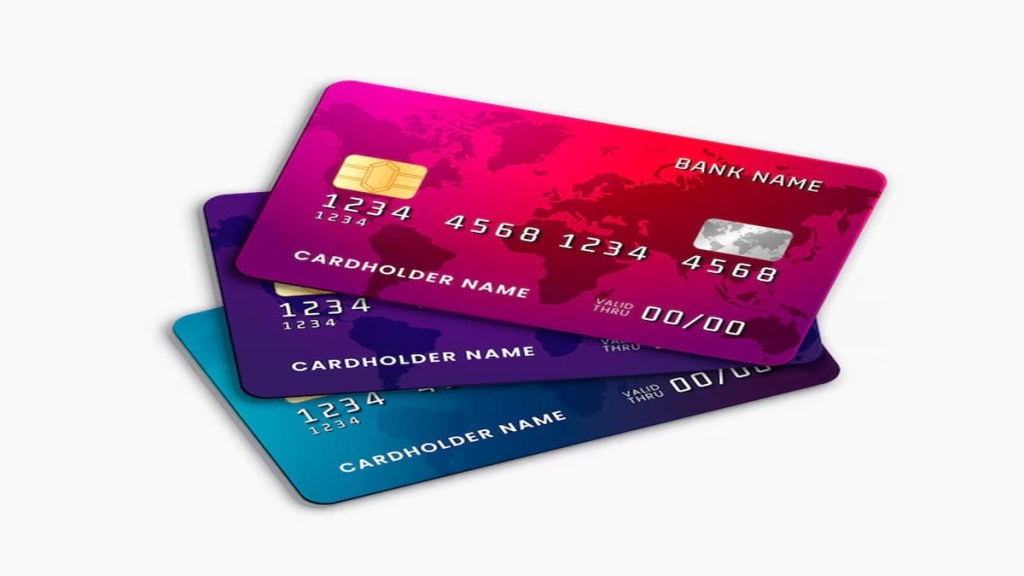There are almost all bills that can be paid via a credit card, but still there are certain payments, including loan repayments, which are not allowed to be settled using it. In such a situation, a credit user has one option – he or she can transfer money from credit card to bank account. When you need to access funds for payments that a credit card doesn’t directly cover, transferring money from your credit card to your bank account can be a useful option. Here’s how you can do it:
Net Banking:
- Visit your bank’s official website or open the mobile banking app.
- Log in to your bank account using your credentials.
- Navigate to the credit card section to access your credit card account details.
- Select the ‘Funds Transfer’ option in the credit card section.
- Choose ‘Transfer to Bank Account’.
- Enter the amount you wish to transfer and the bank account details where you want the funds to be deposited.
- Verify all details carefully.
- Confirm the transfer request and complete any required security measures, such as entering a one-time password (OTP).
- Review the transaction confirmation and save the reference number or transaction ID for your records.
Phone Call:
- Call your credit card company.
- Request the transfer of funds from your credit card to your bank account.
- Confirm the amount you wish to transfer.
- Provide your bank account details and any other required information.
- Follow the instructions provided by the credit card company to complete the transfer.
Also read: Top 10 airport lounge access debit cards in India in August 2024
Offline Mode:
Bank Branch Visit:
- Go to your bank branch with your credit card, ID, and bank account details.
- Ask the teller to transfer funds from your credit card to your bank account. Note that a small fee may apply for this service.
ATM Withdrawal:
- Withdraw cash from an ATM using your credit card. Be aware of potential withdrawal limits.
- Deposit the cash into your bank account using the bank’s deposit facility.
Cheque or Money Order:
- Write a cheque or obtain a money order for the amount you want to transfer.
- Deposit the cheque or money order into your bank account.
Wire Transfer:
- For larger transfers, visit or call your bank branch to initiate a wire transfer.
- Provide the receiving bank’s details, including account number and routing number. Note that a fee may be charged for this service.
Considerations Before Transferring Cash from Credit Card to Bank Account:
- Credit Limit and Available Balance
Ensure you have sufficient available credit on your card before initiating a transfer. Transferring funds reduces your available credit until you repay the amount. Monitor your credit limit to avoid exceeding it and incurring penalties.
- Interest Rates and Fees
Be aware of any associated fees and interest rates. Credit card companies often charge a processing fee, typically between 1% and 5% of the transferred amount. Additionally, interest begins accruing immediately after the transfer, so understand the costs involved.
- Security Measures
Prioritize security when transferring money. Use trusted and secure platforms for transactions, and never share sensitive information such as your credit card CVV, PIN, or OTP. Ensure you are on a secure internet connection to protect your financial information.
Conclusion:
Understanding how to transfer money from a credit card to a bank account is essential for effective financial management. Whether using net banking, phone calls, or offline methods, various options are available to access funds. However, considering the factors above will help ensure a smooth and secure transfer process.

